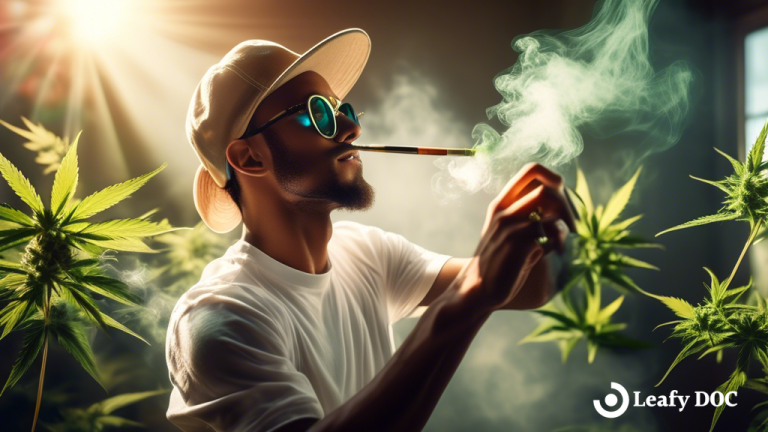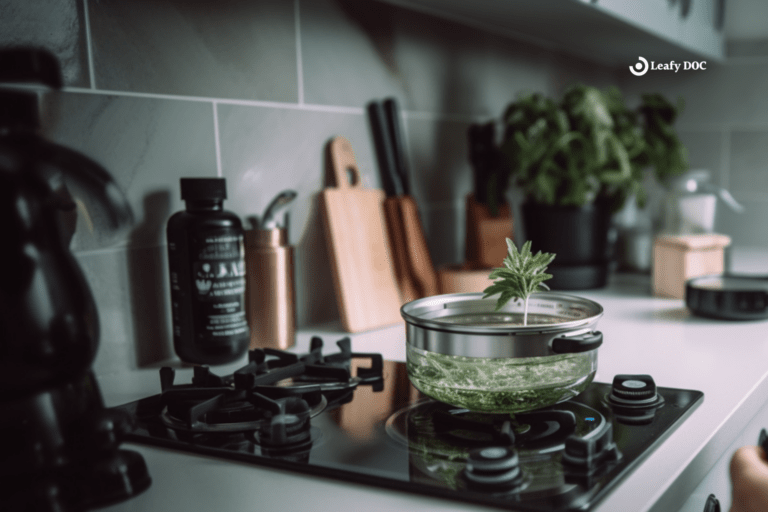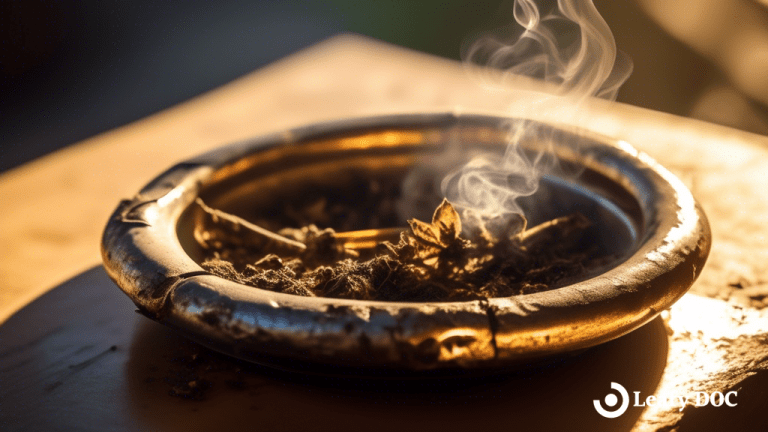Rosacea
Can medical marijuana assist patients who are suffering from rosacea? Find out more below.
What is Rosacea?
Rosacea is a common disorder that typically affects facial skin. It can cause redness on the chin, cheeks, nose, or forehead. Over time, the redness may take on a flush appearance as small blood vessels become visible.
Solid, red bumps and pus-filled pimples can develop if rosacea is left untreated. It can also affect the nose, eyes, ears, and other body parts near the face. Rosacea affects approximately fourteen million Americans. Many of them don’t know they have the condition.
Who does it affect?
People with fair skin may be at a higher risk for the disorder. Adults over thirty are more likely to be affected, although it can rarely occur in adolescents and children. A family history of rosacea tends to increase your chances of having the skin condition. Rosacea appears more often in women, but men often have more severe symptoms due to delayed treatment.
Signs & Symptoms
The cause of rosacea is unknown. Rosacea’s appearance can vary significantly from one person to another. Not all potential signs and symptoms often appear, but they will always include at least one of the primary signs listed below.
Primary signs of rosacea include:
- Facial Flushing
- Persistent redness
- Bumps and pimples
- Visible blood vessels
Other potential symptoms of rosacea include:
- Eye irritation
- Burning or stinging
- Dry appearance
- Plaques
- Skin thickening
- Swelling
- Signs beyond the face
Diagnosis and Treatment
Your doctor will conduct a physical exam of your symptoms and will ask about family and medical history. During the exam, be sure to tell your doctor about any issues you may be experiencing.
There are various treatment methods because the signs and symptoms of rosacea vary depending on the individual. The following options are some typical treatments used for rosacea:
- Medicines: Doctors may prescribe oral and topical medication to treat the associated bumps, pimples, and redness. Medications can regulate the condition and maintain its remission.
- Surgical procedures: Doctors may utilize lasers to remove visible blood vessels, decrease extensive redness on the face, or correct nose disfigurement in extreme cases.
Steps for Managing Rosacea
People dealing with rosacea can help manage the condition by doing the following:
- Record your triggers, such as stress, weather, or certain foods
- Use a sunscreen that protects against UVA and UVB rays and has at least an SPF 15
- Don’t use irritating or drying products on your face
- Take your medicines as prescribed
Can medical weed help?
CBD, THC, and other cannabinoids could potentially benefit this condition through ointment and oils, creams, salves, or moisturizers to relieve pain and inflammation, provide skin hydration, and stop the irritation of those red patches of skin cells.
Some researchers believe that topical cannabis products can potentially treat the most common form of rosacea and possibly others. Medicinal marijuana is also known for its anti-inflammatory properties for the skin.
History of Cannabis and Skin Care
Cannabis, especially CBD, is highly prevalent in today’s society. CBD used to control pain and treat skin conditions can be traced back to ancient times, as it was abundant during religious practices and rituals.
The earliest uses of cannabis for skincare can be traced back to Ancient Egypt. Pharaoh Ramses II was known to partake in cannabis and encouraged others to use the plant. Back then, hemp assisted in creating buildings and textiles.
During the 20th century, cannabis was extensively criminalized due to a societal outcry; however, changing laws and further research into the compounds within the plant led to a slow but vast reconsideration of their potential health benefits. The use of cannabis is becoming more widely accepted today due to the balancing effects of this particular cannabis-derived compound.
Can MMJ Benefit Other Skin Disorders?
Yes. Let’s take a closer look at three other medical conditions below.
Dandruff
Dandruff is often caused by severe to moderate scalp psoriasis or an infection that causes scalp inflammation, itching, irritation, flaking, and redness. CBD products such as shampoo, conditioner, scalp scrubs, and treatments could help relieve the itching and scratching. The cannabinoid system can also benefit from the antimicrobial effects of CBD to treat psoriasis.
Psoriasis
The National Psoriasis Foundation (NPF) describes psoriasis as an immune-mediated skin disease characterized by the inflammation of immature skin cells from a dysfunctional immune system. It is unclear what the exact cause of psoriasis is, and symptoms can occur at any age among men, women, children, and people of all ethnicities.
Recent peer-reviewed studies within the dermatological science field show that CBD, as a complementary treatment with other medications and sometimes even as an oil or topical therapy for affected skin, offers potential benefits for people with psoriasis. Specific CBD dose-related effects may even provide an immune response in slowing cell growth so that new skin cells react differently.
Eczema
Eczema is an inflammatory skin condition typically resulting in red, flaky skin cell patches. Dry skin, chemical irritants, or stress can trigger this condition. Some researchers believe that topical cannabis products can potentially treat the most common form of eczema called atopic dermatitis (AD). Medicinal marijuana is also known for its anti-inflammatory properties for the skin.
Final Thoughts
At Leafy DOC, we recommend speaking with your dermatologist or another healthcare provider before making any changes or adding CBD use to your rosacea treatment. However, recent studies and continued research strongly suggest you may be able to find some health benefits and even symptom relief from the right cannabis products.
Last Updated: June 14, 2024
Get Your Medical Card
Connect with a licensed physician online in minutes
Table of Contents
Keep Reading
-
Mastering Dabbing Techniques: A Guide For Cannabis Enthusiasts
Unlock the art of dabbing with our comprehensive guide! Elevate your cannabis experience and become a connoisseur of dabbing techniques. Click now to master the secrets and enhance your smoking sessions today!
-
Combining Ibuprofen & Cannabis: Safe Pain Relief?
Can Ibuprofen and Cannabis work together for pain relief? Discover the facts and risks in this eye-opening article. Click now!
-
How Long Does A Weed High Last
Find out the real duration of a weed high, from minutes to hours! Don’t miss this eye-opening article and satisfy your curiosity today. Click now to uncover the truth!



